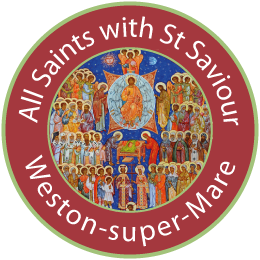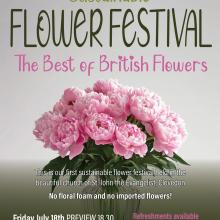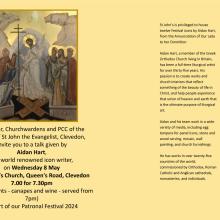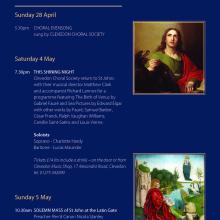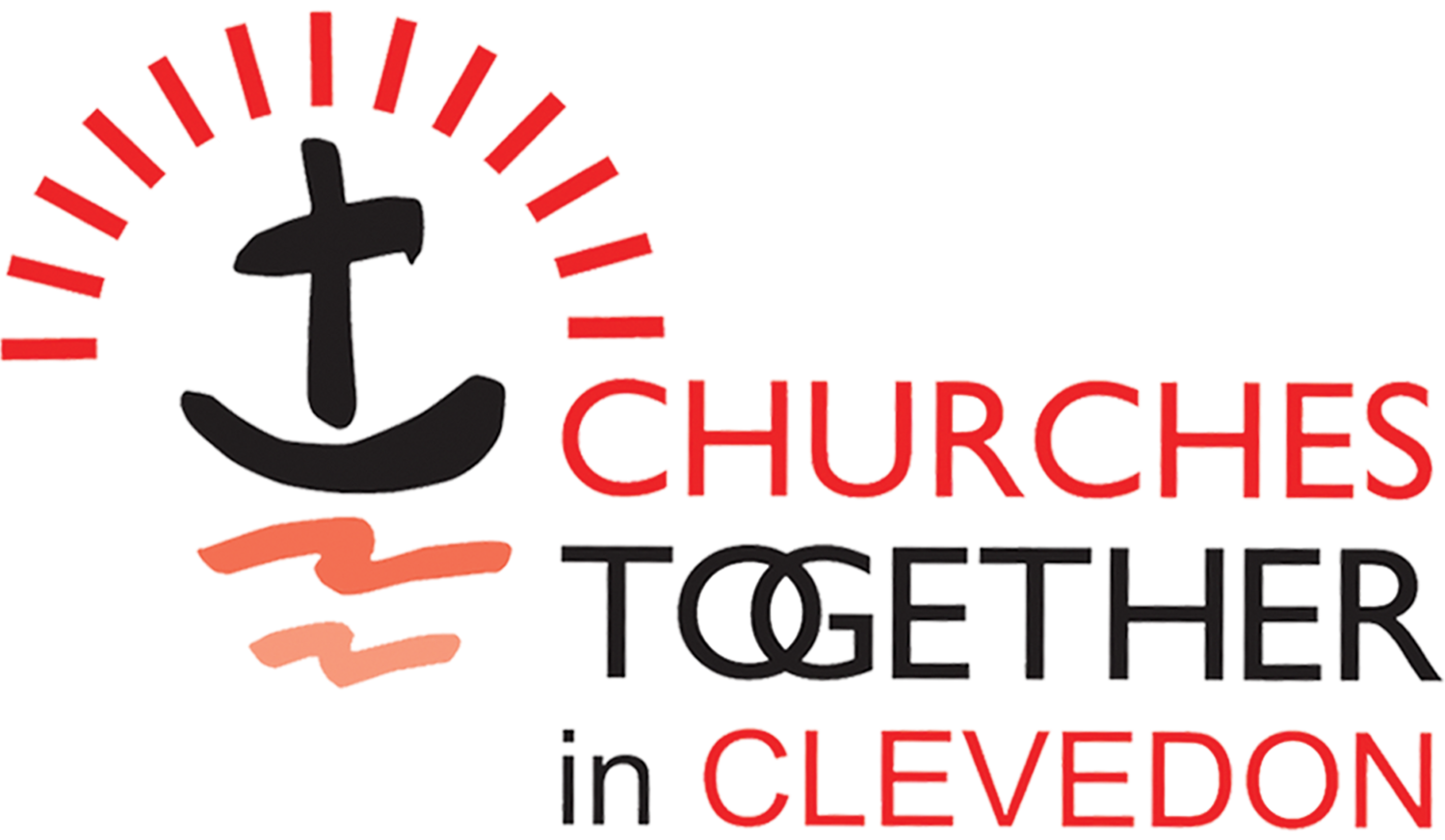The Church of England was forged in the heat of the sixteenth century Reformation, breaking with Rome in 1533 under the leadership of King Henry VIII. The outcome of the religious turmoil of the subsequent decades was a good deal less tidy than in other European countries. The Church of England sought to be a middle way, both Protestant and Catholic and looking for its inspiration to the early church and the Fathers. It maintained the threefold order of Bishop, Priest and Deacon and many other aspects of its Catholic inheritance.
It's not surprising given these unclear beginnings that you will find a broad expression of faith and practice in the Church of England. Within a short distance from St John's you will find Church of England parishes that look and feel distinctly Protestant, with unadorned buildings and a simple and direct style of worship; whereas stepping into St John's you are struck by the splendour of the building and you might wonder if you were in a Roman Catholic church.
 St John's has long been part of the 'Anglo-Catholic' wing of the Church of England. Anglo-Catholicism became established in the nineteenth century as a powerful and hugely influential renewal movement. It began with the 'Oxford Movement' led by academics John Henry Newman, John Keble and Edward Bouverie Pusey who called on the priests of their day to 'magnify their office' on the grounds that the Church of England of which they were a part was not some 'Protestant sect' but part of the One, Holy, Catholic and Apostolic Church of God. In a Church of England that was suffering from many corruptions and that was characterised by theological and evangelistic torpor, the Movement grew throughout the next 100 years and was responsible for renewing parish life and for founding new churches especially in urban areas. Its later wave was strongly sacramental and ritualistic and was responsible, for example, for the re-founding of the ancient Shrine of Our Lady of Walsingham in Norfolk.
St John's has long been part of the 'Anglo-Catholic' wing of the Church of England. Anglo-Catholicism became established in the nineteenth century as a powerful and hugely influential renewal movement. It began with the 'Oxford Movement' led by academics John Henry Newman, John Keble and Edward Bouverie Pusey who called on the priests of their day to 'magnify their office' on the grounds that the Church of England of which they were a part was not some 'Protestant sect' but part of the One, Holy, Catholic and Apostolic Church of God. In a Church of England that was suffering from many corruptions and that was characterised by theological and evangelistic torpor, the Movement grew throughout the next 100 years and was responsible for renewing parish life and for founding new churches especially in urban areas. Its later wave was strongly sacramental and ritualistic and was responsible, for example, for the re-founding of the ancient Shrine of Our Lady of Walsingham in Norfolk.
Anglo-Catholic churches emphasise the continuity of the Church of England (and those Anglican Churches throughout the world that were born out of it) with the teaching and practice of Christianity through the ages, rooted in Scripture and the teachings of the early church. Sacramental worship, and particularly the Mass (Holy Communion, Eucharist) are at the heart of parish life, because through the sacraments God acts and works upon us. Anglo Catholics strongly adhere to belief in the 'Real Presence' of Christ at Mass and the continuity of the apostolic orders of Bishop, Priest and Deacon.
A significant stress on liturgy and worship, performed in order to maintain the beauty of holiness, makes worship in an Anglo-Catholic church an experience which is intended to appeal to one's whole person - to heart as well as head, to senses as well as to intellect.


